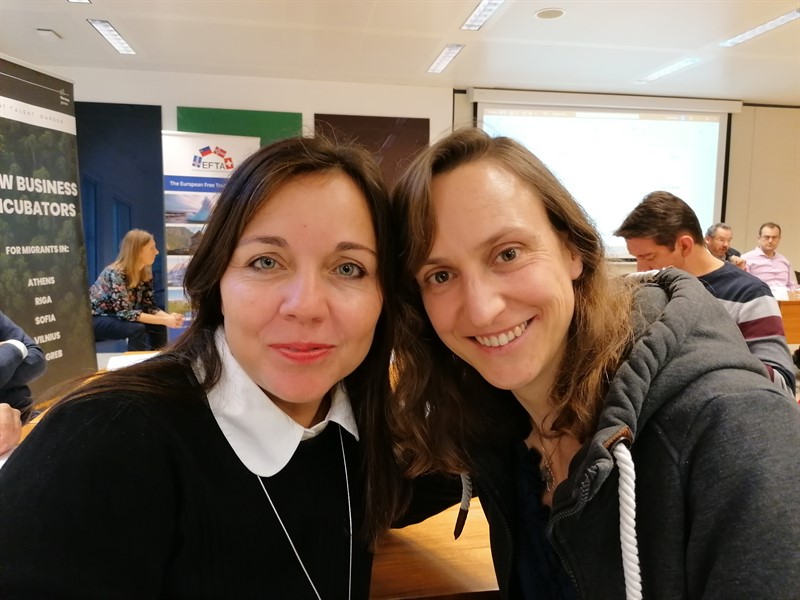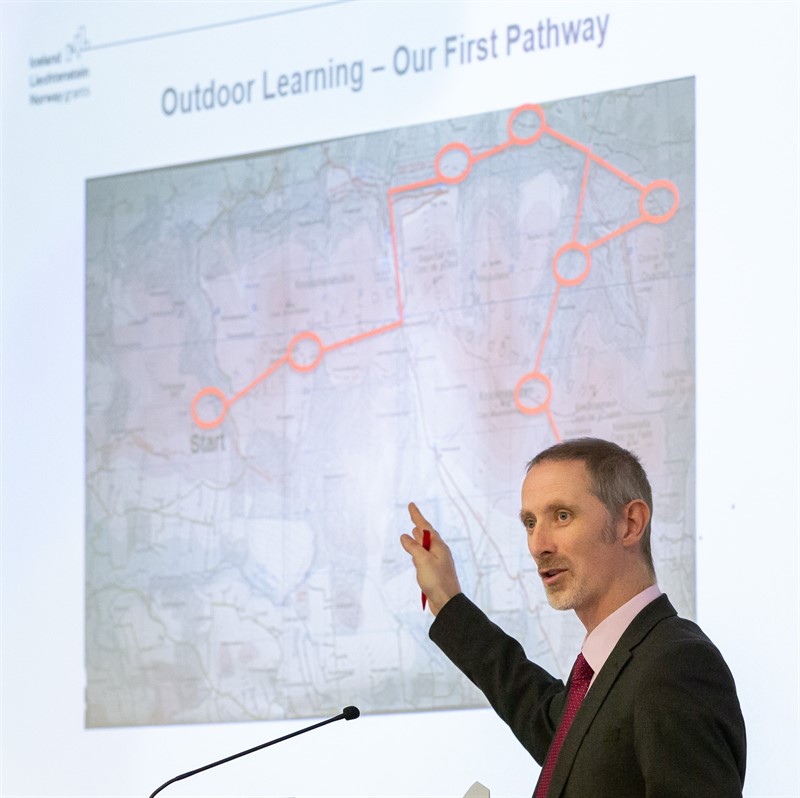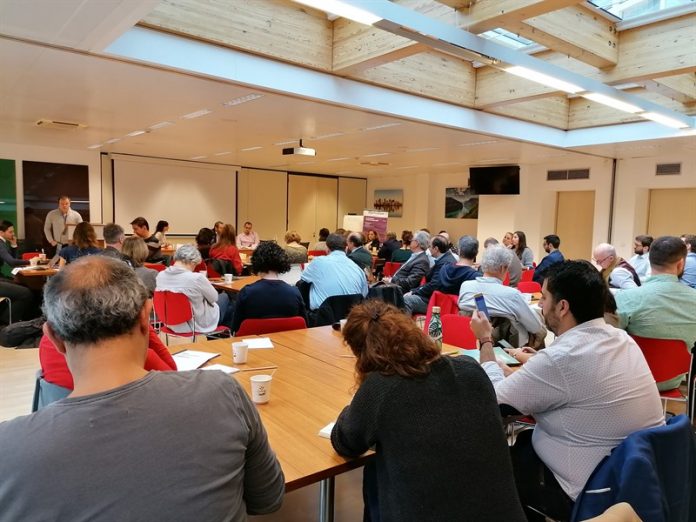Last month was full of meetings where we could present the progress of FOLM From Otdoors To Labour Market project.

One such opportunity was international conferences in the field of Outdoor Adventure Education. The joint conference of the Association of Experiential Education (AEE) and the Association of Outdoor Recreation and Education (AORE) took place in Spokane, Washington.
Our Partners in the FOLM project, Jule Hildmann (Phd, The University of Edinburgh), Simon White (The Venture Trust), and Seamus Hoyne (Limerick Institute of Technology) presented findings from the pilot phase of FOLM, which show that the courses in Ireland, Poland, and Spain, as well as the Edinburgh Model are effective in promoting personal and social skills in participants that are crucial for employment and general life satisfaction. The presentation sparked a lot of engaged conversations, and raised interest in the FOLM project and the EEA & Norway Grants on a wide international level.
Another opportunity for the FOLM presentation took place at the Annual Conference of the Scottish Educational Research Association in Edinburgh, Scotland.
Jule Hildmann (PhD, The University of Edinburgh, UK), and María del Carmen López Cruz (Grupo Femxa, Spain) shared insights from their ‘Experience with the gamification of an online survey‘ (presentation title) to an audience of educators and researchers from across Europe. They demonstrated scenes of the actual game online, and the audience had an engaged discussion about the merits of collecting data through gamification as opposed to classical ‘dry’ methods like online surveys. In fact, some attending researchers even argued that the design and programming of the game was of such high quality that they hoped to see something like it as a template that could be used by different researchers for their own questions.

The main conclusions were that (a) this form of data collection tool is catering to modern interests and needs, which results in high completion rates; and (b) for such a game to be used as a research tool, the programmer and researcher need to collaborate closely so that content und technicalities align and the tool achieves a high lvel of validity and accessibility. The tool based on gamification works perfectly when registering for the FOLM project. Our participants highly praise this interesting solution.


